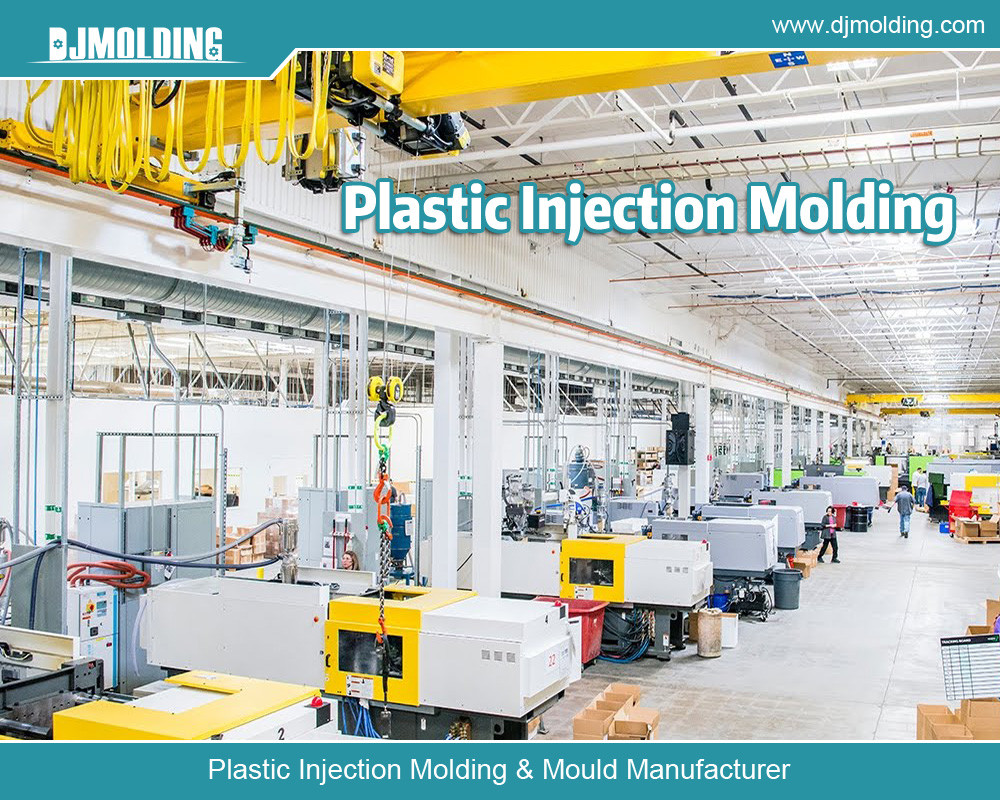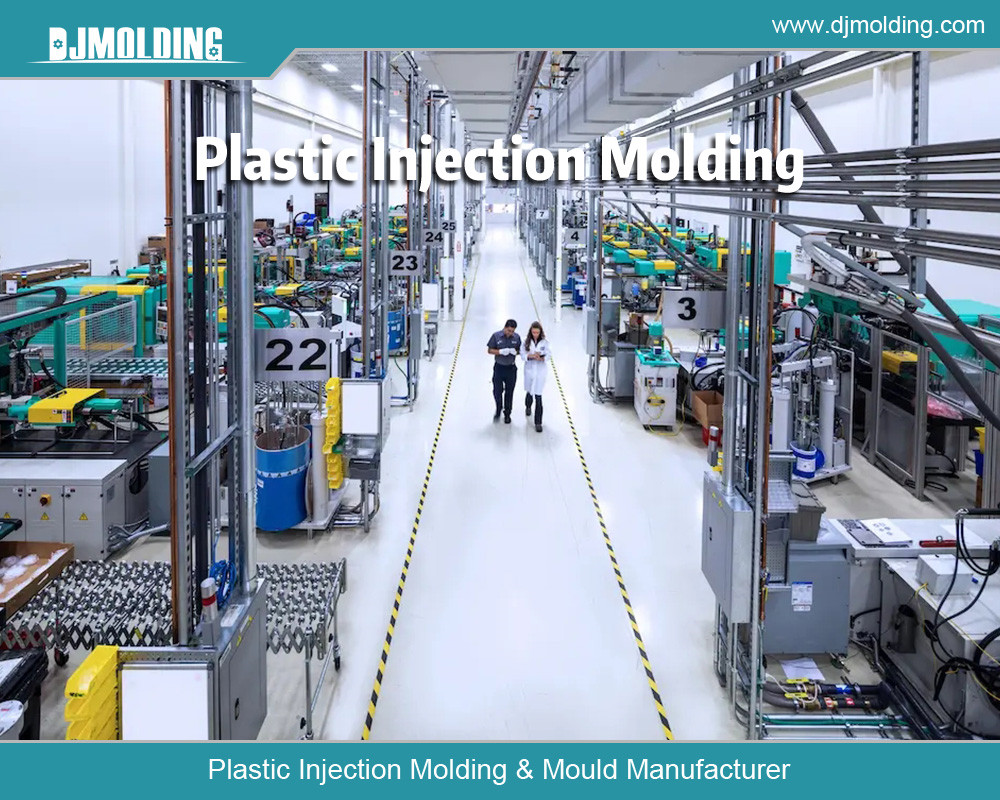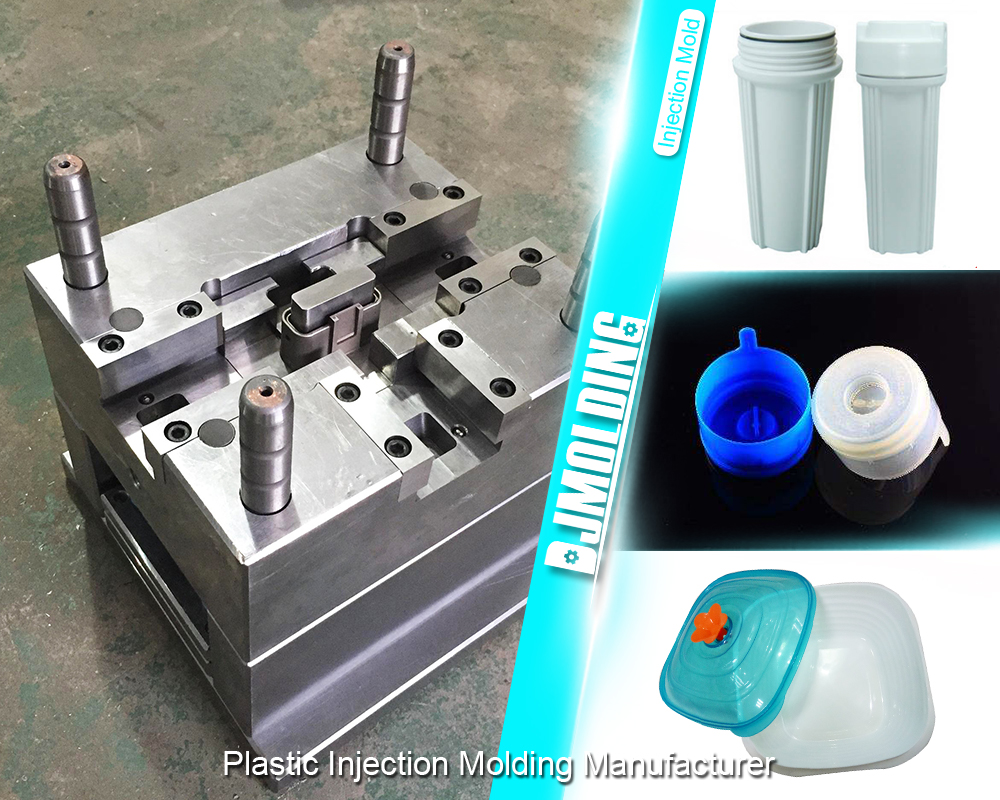A beginner’s guide to the digital manufacturing process
A beginner’s guide to the digital manufacturing process
The digital manufacturing process has improved steadily with the introduction of digitization to the terrain. Before this innovation, manufacturers were very limited in their production processes. One of the miracles of digital manufacturing is in prototyping. This is because many customers usually need a working demonstration to know if they can proceed with mass production. Thanks to digital manufacturing, a manufacturer can produce prototypes for customers to show them how the product(s) will work in reality. With digital manufacturing, a manufacturer can easily increase the efficiency of the production process resulting in the most desirable outcomes. So many industries like aerospace and automotive, rely on digital manufacturing.

What is digital manufacturing?
Digital manufacturing is the process of creating a test product by using technology before finally creating an actual version of that item. This means that with the help of digital manufacturing, manufacturers can show their customers what the product will look like after completion. This form of engineering can also be used by engineers to test a specific product design. This means that they can simply improve the design parameters before they begin mass production of the product.
The digital manufacturing process
The digital manufacturing process is the technology that is used to support on-demand manufacturing. This means that you get to produce products only when you need them. It is beneficial to many customers who prefer to purchase their products in low volumes. With this form of manufacturing, you will never get to worry about minimum order quantities or inventory management. The technology supports the manufacturer to make the products only when the customer has placed an order. As soon as the production price is completed, it is shipped directly to the customer.
Technologies used in digital manufacturing
The digital manufacturing process is driven by technology. This is a production process that is made possible by integrated technologies. It results in an integrated workflow that involves the use of computer systems from the design stage to the production phase. In this model of manufacturing, there are different technologies involved. These include:
3D printing: This is a digital manufacturing process whereby a computerized printer builds objects from a CAD model by adding different layers of the building material.
CAD-assisted design tools: These are tools that are based on Computer-Aided Design solutions to help in the creating, modifying, and optimizing of designs.
CNC machines: The Computer Numerical Control machine is an automated equipment that is controlled with computers to work on several tools and pieces.
Internet of Things(IoT): It is a technology that is used to connect different services and machines to collect and share data for optimized workflows.
Robotics and Automation: This is a digital manufacturing technology that involves the use of robots to manufacture products. When the production workflow is executed by robots and fully automated technology, it helps to increase precision and efficiency.
AI-powered machines: The digital manufacturing process relies on the use of artificial intelligence and machine learning. These are specific devices that help to analyze complex data to provide highly desirable and valuable outcomes. For instance, these devices can analyze data to help optimize production workflows, improve decision-making, and meet the needs of predictive maintenance.
Mixed Reality (MR): This is the use of both Augmented Reality(AR) and Virtual Reality(VR) to help in product designs. It can also be deployed for staff training as well as maintenance tasks.
Cloud computing: This is a new manufacturing technology that helps manufacturers assess a wide range of computational resources and the latest technologies. It also helps in the safe and secure storage of manufacturing data.
Digital Twin: With the digital twin, models of proposed products can be created virtually using a computer software program. This digital model can then be used to test out the product. The technology can also be used as a way to monitor performance as well as simulation
Blockchain Technology: Blockchain technology is a relatively new solution in the manufacturing terrain. This is a way for manufacturers to ensure traceability and security within a workflow. It can be used as a way to increase the transparency of your supply chain. In addition, it offers more secure transactions in the manufacturing industry and helps assure all stakeholders of the safety of the money.
The process of digital manufacturing
Thanks to integrated technology, the digital manufacturing process is made up of different phases that are interconnected. It is a type of manufacturing model that relies on sophisticated technologies for the design, production, and optimization of products. A scale of manufacturing that requires several steps and potential iterations needs to be digitized. This is the only way resources and efforts can be used optimally and all errors are minimized. The typical processes involved in the digital manufacturing process include:
- Product design: Products/goods are designed with the elaborate use of Computer-aided tools. The products are created as prototypes to ensure that they can be made for durability and serviceability.
- Production phase: The production stage sees the usage of machines such as 3D printing and CNC machines to make the actual products. This can be in the form of additive manufacturing or reshaping.
- The role of technology: Technology plays a central role in the digital manufacturing process. From the use of Computer-aided design solutions to the use of robots on the shop floor to produce materials and handle product assembly.
- Feedback loops: The use of valuable insights obtained from customer feedback and working data can be used to improve several processes in the workflow. This is one of the benefits of digital manufacturing over traditional models.

The importance of digital manufacturing processes for companies
Businesses can utilize digital manufacturing processes to easily streamline their workflows. In addition, it can be used to customize products and easily launch them in the market. When businesses adopt this new production model, it can simply enhance resource optimization and increase revenue. The emergence of innovative digital technology has always driven the manufacturing industry. With this time, it will play a massive role in shaping the future of the manufacturing industry.
For more about a beginner’s guide to the digital manufacturing process,you can pay a visit to Djmolding at https://www.djmolding.com/what-is-digital-manufacturing/ for more info.



